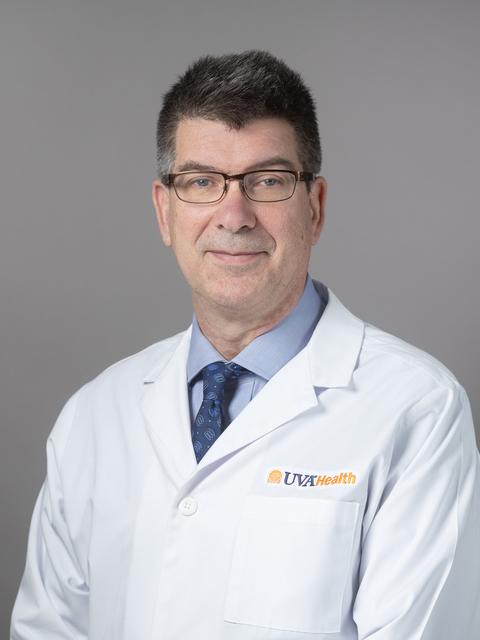
Mark S Quigg, MD
Epilepsy Neurology
Additional Locations
Bio & Overview
Mark Quigg, MD, received neurology training at the University of Virginia and neuroscience training at the Karolinska Institute in Stockholm, Sweden. He specializes in the evaluation and treatment of difficult-to-control seizures and the neurological aspects of sleep medicine. He is the medical director of the electroencephalography and intensive monitoring laboratories and is an expert in using these tools to evaluate epilepsy, sleep disorders and disorders with similar symptoms. He is nationally recognized for his clinical practice and research. He holds national offices, including on the neurology board and professional societies for neurology and epilepsy.
Dr. Quigg enjoys living in Charlottesville and is an avid runner and cyclist. He is also a woodworker and has put significant sweat equity into his old house in downtown Charlottesville. He has two children with his wife, Lotta.
Academic Information
- Department
- Neurology
- Academic Role
- Professor
- Division
- Neurology
- Research Interests
- The chronobiological aspects of epilepsy and medical and surgical treatments of epilepsy.
- Gender
- Male
- Languages
- English
- Age Groups Seen
- Adults (21-65)
Older Adults (65+)
- Primary Education
- University of Virginia School of Medicine
- Residency
- University of Virginia Medical Center
- Fellowships
- University of Virginia Medical Center
- Certification
- American Board of Psychiatry and Neurology (Epilepsy), American Board of Psychiatry and Neurology (Clinical Neurophysiology), American Board of Psychiatry and Neurology (Neurology)
- Appointment
- Member - NSF Center for Biological Timing, Director - EEG/Intensive Monitoring/Evoked Potential Laboratories
- Additional Specialties
- Sleep Medicine
Highlights
Awards
- 2011-2020 Best Doctors in America® List
Reviews
137 Patient Satisfaction Ratings
Our patient satisfaction ratings are an average of all the survey responses to the below questions a provider got within the past 2 years. To protect your privacy, patients aren't identified.
See more about our patient satisfaction surveys .